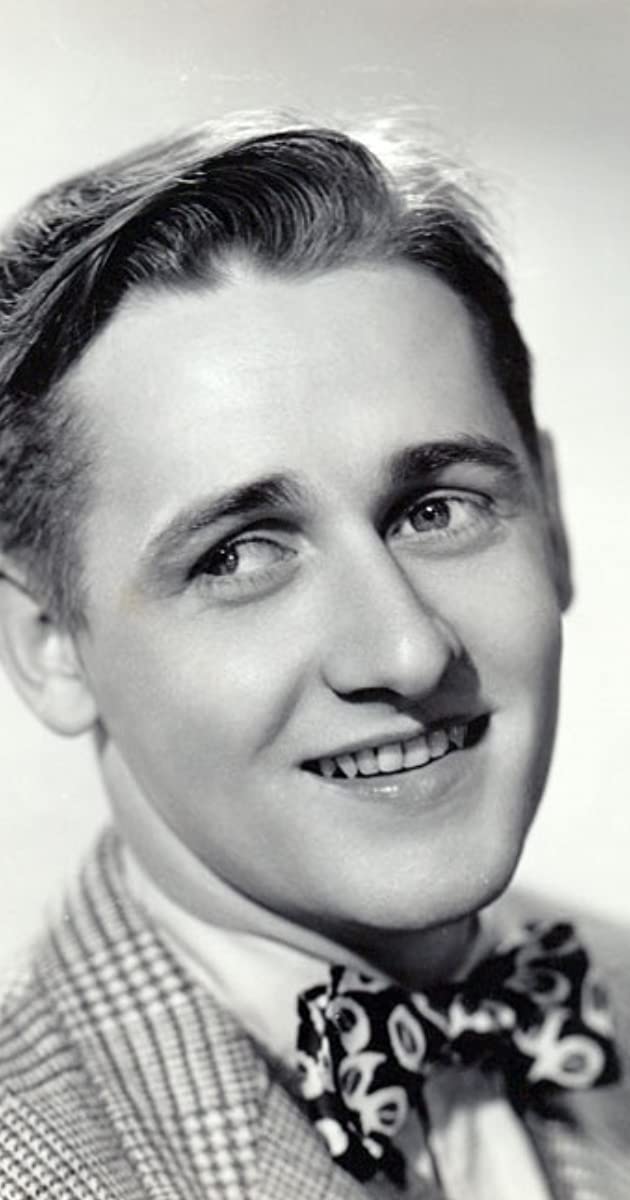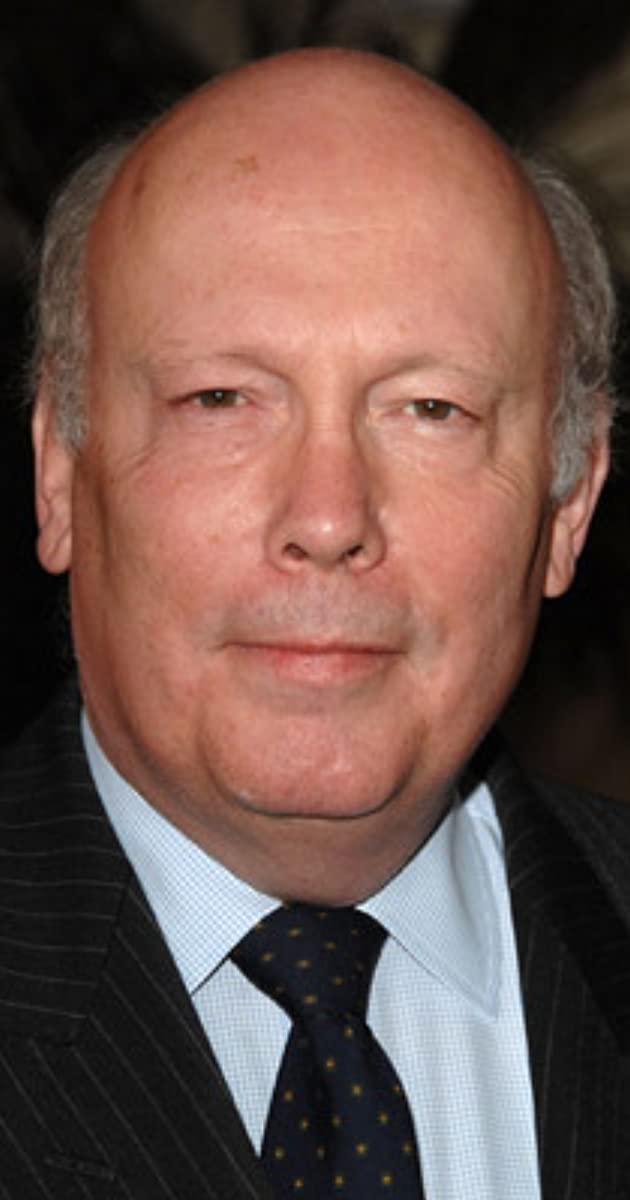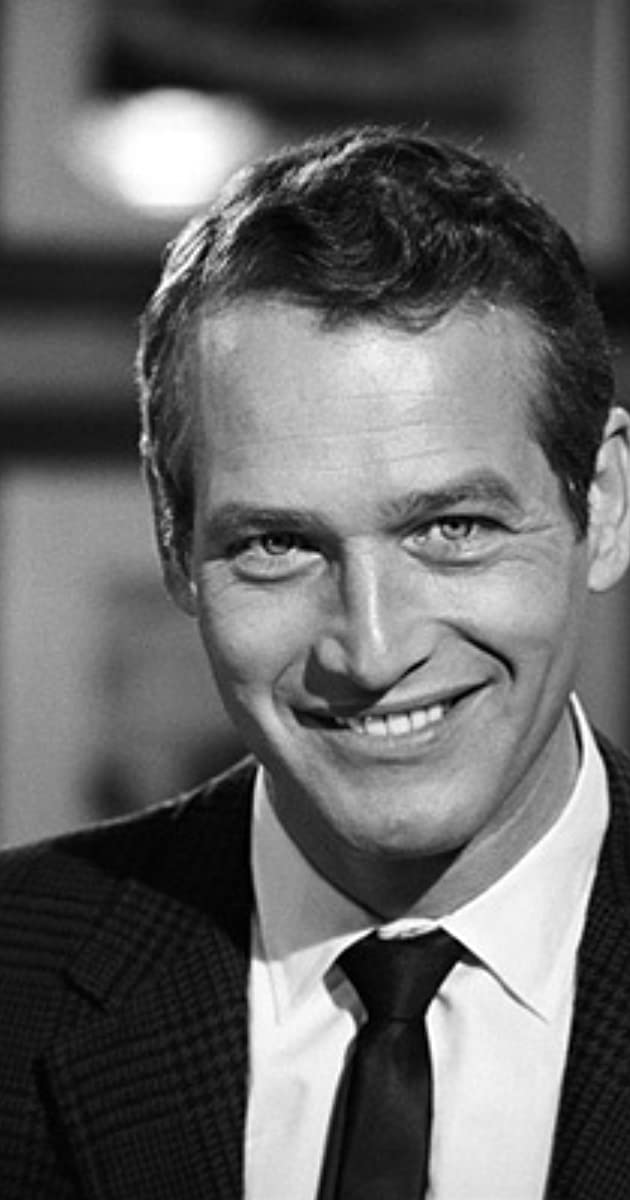
Alan Young was born in Northern England in 1919, but his Scots father moved the family to Edinburgh, Scotland, when Young was a toddler and then to Canada when Young was about 6 years old. As a boy, he suffered from severe asthma, which kept him bedridden for long periods of time but encouraged his love of radio. By age 13, Young had become a radio performer, and by age 17, he was writing and performing in his own radio show for the Canadian Broadcasting Corporation. The show was broadcast in the U.S. and led to an invitation to New York, initiating Young’s career as an “All-American boy,” despite his non-American origins and a vestigial Scots accent. He became popular on American radio from 1944 to 1949 with his “Alan Young Radio Show,” but when radio began to lose its popularity and his show was canceled, Young decided to put together a comedy act and tour the U.S. theater circuit. After this experience, he wrote a television pilot for CBS in 1950, which resulted in The Alan Young Show (1950). The show was a well-received live revue that ran for 3 years, earned a couple of Emmy Awards, and garnered Young a star on the “Walk of Fame.” However, the strain of writing and performing a weekly show got to Young, and the quality of the show declined, leading to his departure from the show and its cancellation. In the meantime, based on his popularity on radio and television, Young had established a film career, starting with his debut in Margie (1946) followed by Chicken Every Sunday (1949), Mr. Belvedere Goes to College (1949), Marshmallow Moon (1952), Androcles and the Lion (1952), Gentlemen Marry Brunettes (1955), Tom Thumb (1958), and The Time Machine (1960).
In the early 1960s, Young landed his best-known role, Wilbur Post, in the popular television series Mister Ed (1958), which ran for 5 years. Since then, Young has made a number of television and film appearances but is known primarily for his voice characterizations in cartoons, especially as Scrooge McDuck in DuckTales (1987).


